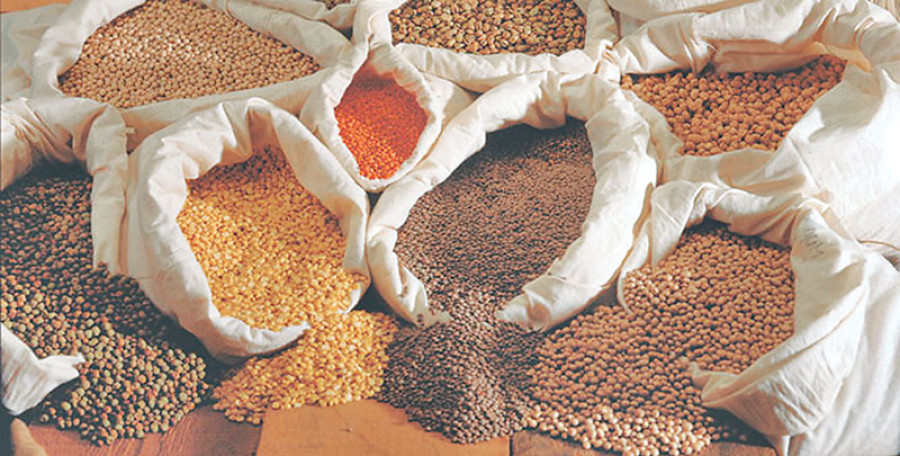Money
Saarc to enforce common standard for edible items
The member nations of South Asian Association for Regional Cooperation (Saarc) have agreed to enforce common standards in edibles such as biscuits, processed sugar and dairy products.
Suresh Raj Neupane
The member nations of South Asian Association for Regional Cooperation (Saarc) have agreed to enforce common standards in edibles such as biscuits, processed sugar and dairy products. With the agreement in place, Saarc countries will be maintaining common standards in quality, packaging, processing and labelling in these food items.
The common standards were prepared by the technical committee meeting of Asian Regional Standards Organisation (SARSO) which was held in Dhaka, Bangladesh last month.
The matter had been under discussion among Saarc member countries since 2011. Through SARSO, the South Asian countries have been aiming to maintain uniformity in edible items produced in these countries and in turn boosting intraregional trade.
As of now, with the difference in food standards across these countries, the importing country cross checks the quality certification issued by the exporting country while carrying out cross-border trade. With the new provision, the importing country will simply need to validate the lab certification to be produced by the exporting country.
Of the total trade carried out by Saarc countries, intraregional trade accounts for only five percent. The trade volume among Saarc countries is tiny compared Association of Southeast Asian Nations (Asean) and European countries where the intraregional trade volumes stand at 35 percent and 60 percent respectively of their total trade volumes.
The poor status of intraregional trade in Saarc has been blamed due to the lack of infrastructure along with a number of non-tariff measures.
The new provision is also expected to attract foreign direct investment in these countries. Rabi Shankar Sainju, spokesperson of Ministry of Industry, Commerce and Supplies, said the reduction in the non-tariff measures could attract more foreign investment citing the large market of the Saarc countries. SARSO has identified jute, textile, leather goods, construction material, chemicals and electronic items as having high potential for implementing the common standards to increase the intraregional trade.
Bishwo Babu Pudasaini, director general of Nepal Bureau of Standards and Metrology, said the provision could open gateways for more opportunities among these countries. “However, it is still too early to realise the level of benefits that can be ensured with the new agreement,” Pudasaini said.




 9.89°C Kathmandu
9.89°C Kathmandu















